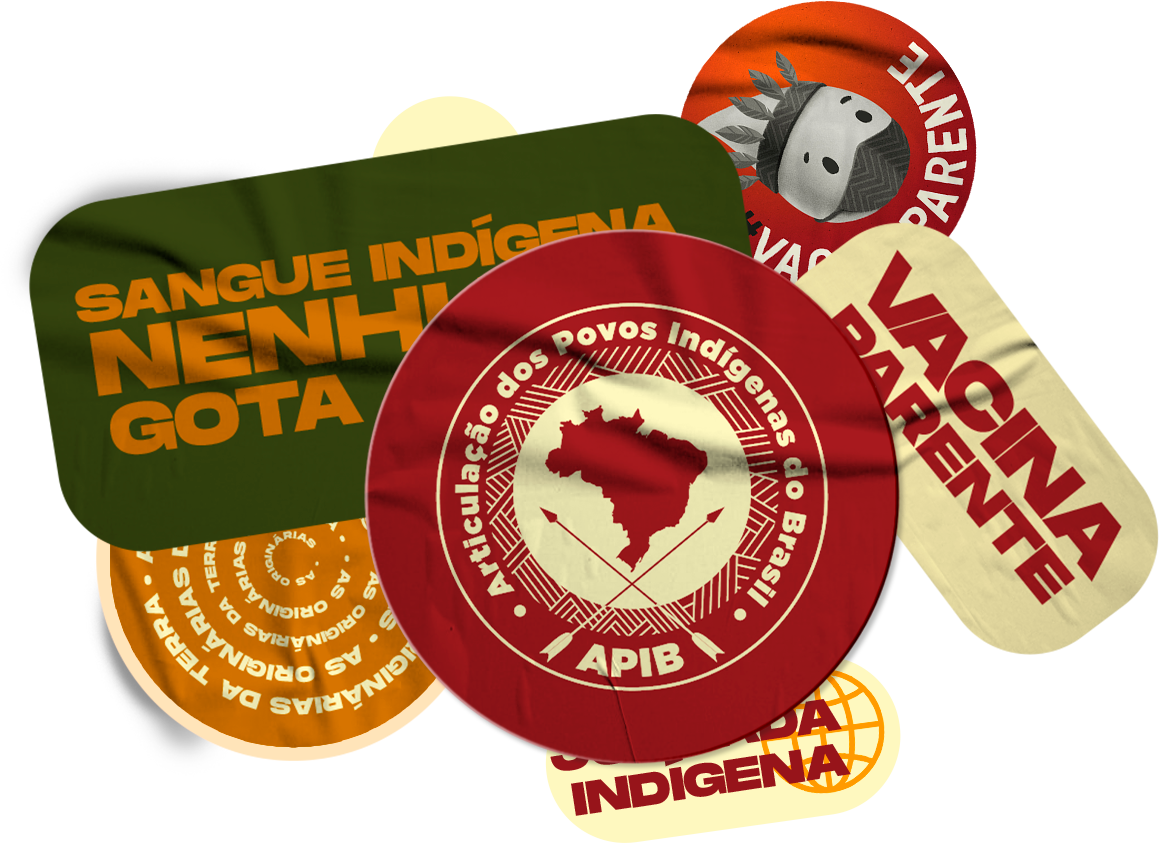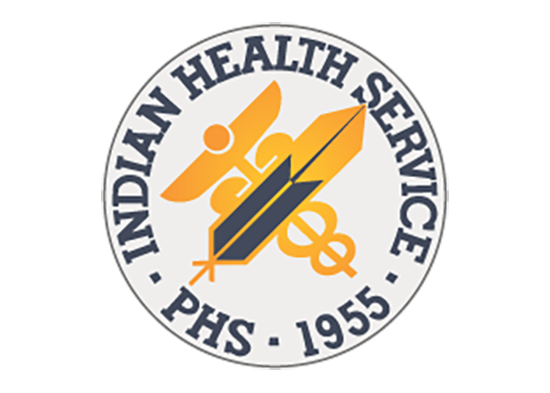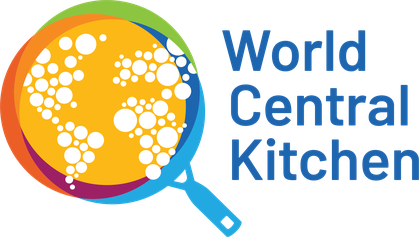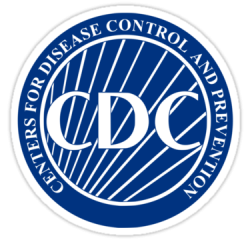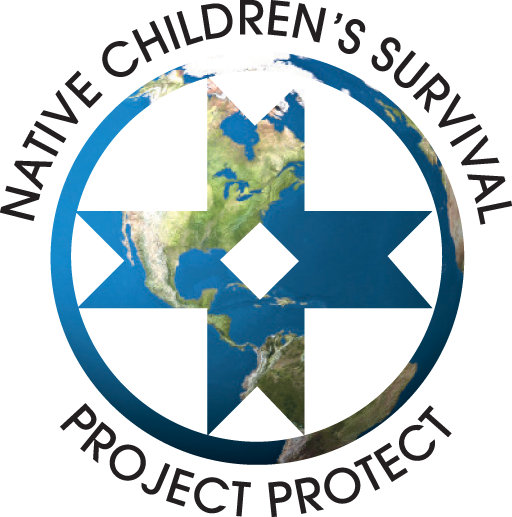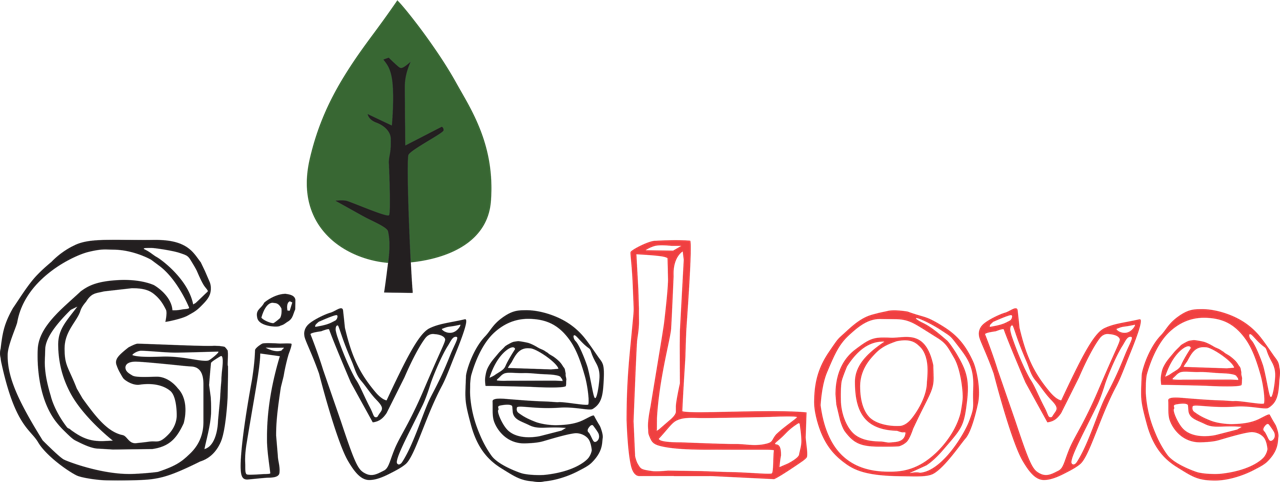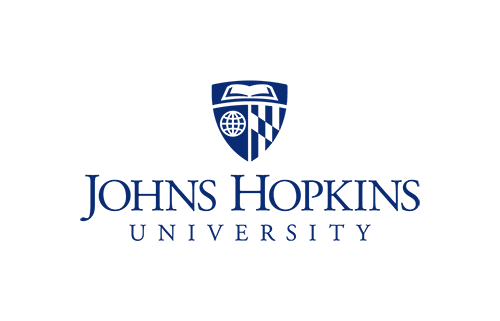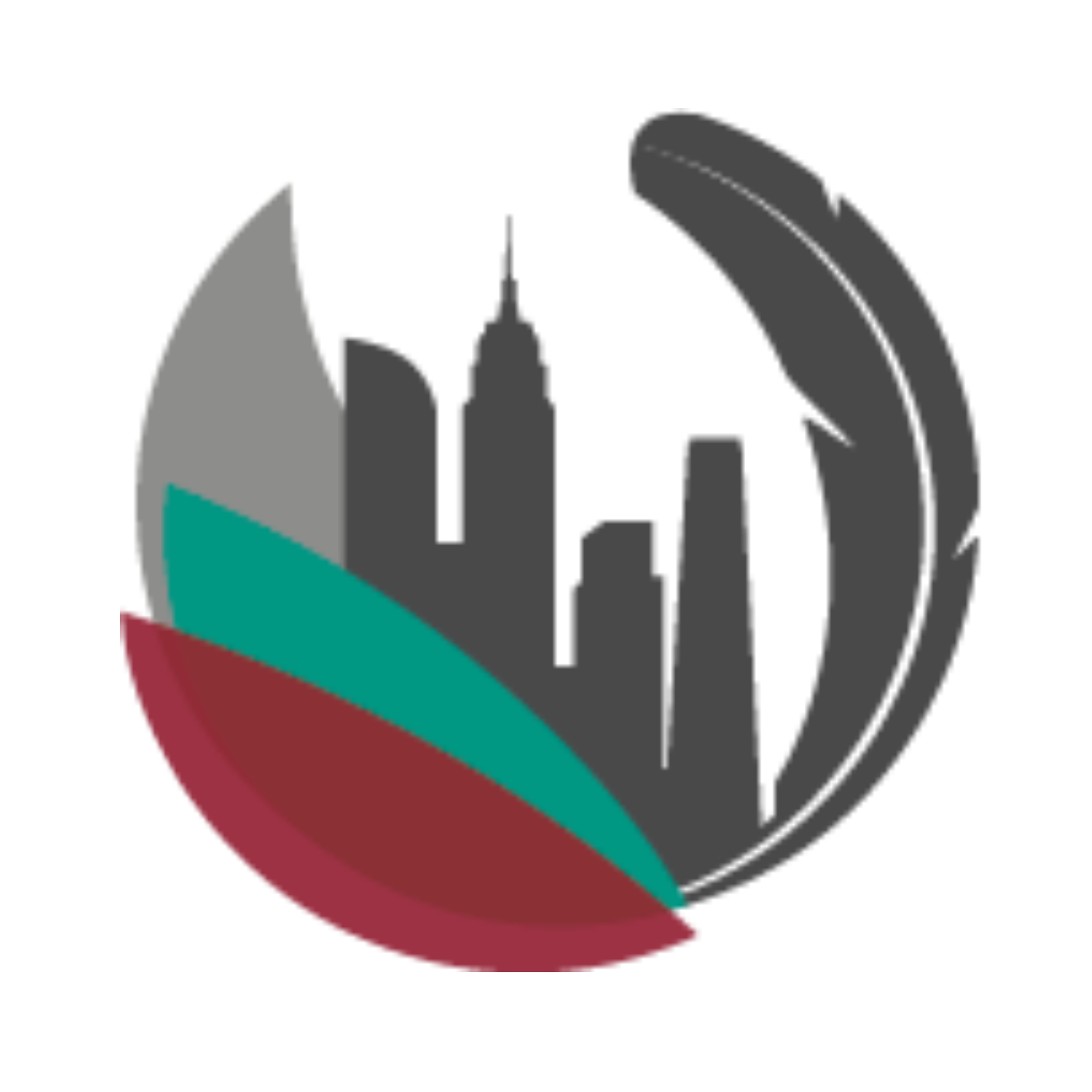“Medicine woman touch me with your power; Heal me with your hands this could be the hour; Keep me closer if I should drift to far; From the center of where you are...”
THE HARDEST HIT!
“We urge Member States and the international community to include the specific needs and priorities of Indigenous Peoples in addressing the global outbreak of COVID 19.”
In these days of prophecy and pandemic, Indigenous communities are implementing best practices based on Indigenous knowledge and science. The COVID-19 spread into Indigenous communities around the world has been alarming. Many wisdomkeepers have died. Our love and prayers are with those suffering and those whose loved ones have taken their journey to the spirit world. In every region, from the Arctic to the Amazon, Indigenous Peoples have been hard hit by the coronavirus outbreak. Indigenous communities remain at risk due to systematic inequalities born of genocide, colonization, and oppression — and the death, disease, and pollution agro-industrial and extractive industry bring into our homelands and territories.
On Turtle Island and throughout Abya Yala (the Americas), Indigenous Peoples have see the highest COVID-19 deaths per capita. According to United Nations World Health Organization (WHO), Abya Yala (the Americas), has had the highest coronavirus mortality rate and the most significant number of infections behind Europe.
The initial identification of human cases of COVID-19 were first reported in Wuhan, China, in December 2019. During the height of the outbreak Diné Bikéyah, the Navajo Nation, the largest American Indian reservation on Turtle Island, suffered the highest number of Dikos Ntsaaígíí-19 (COVID-19) cases and deaths among all Indigenous Communities. The Johns Hopkins Coronavirus Resource Center reported the United States having the the highest number of coronavirus-related deaths among any country, nation, or territory.
As COVID-19 spread around the globe in 2020-21, deforestation increased by 22% in the Amazon Rainforest. The Amazon Rainforest spans nine countries known as Brazil, Ecuador, Venezuela, Suriname, Peru, Colombia, Bolivia, Guyana, and French Guiana. When Jair Bolsonaro, a Brazilian Portuguese politician and retired military officer, became the 38th president of Brazil on 1 January 2019, his actions led to three consecutive increases in deforestation, triggering a volume of violence against Indigenous Peoples and protectors of Mother Earth. Hitting its highest level in over 15 years, deforestation in Brazil increased by 64%, paving the way for foreign viruses to reach isolated Indigenous villages.
During the first half of 2022 (January-June), deforestation in the Brazilian Amazon broke all records. According to the Brazilian Space Research Institute (INPE) system DETER, in September of 2022, an area nearly twice the size of New York City was deforested in the Amazon. 2022 saw record-breaking numbers in violence, fires, and deforestation. A dramatic increase in Indigenous murders in the context of the pandemic has put Indigenous defenders and their communities and allies at grave risk throughout the Amazon.
On 17 June 2020, Iconic Kayapó Warrior, Chief Paulinho Paiakan, died after contracting the COVID-19 virus. Paiakan, a Laureate of the United Nations Global 500 Environmental Award, was a distinguished leader in the Indigenous movement. He persevered over targeted injustices against him to fearlessly protect and defend the Amazon Rainforest from Ecocide. Paiakan's journey to the spirit world is a profound loss. The Raoni Institute reported on 31 August 2020 that Kayapó Chief Raoni Metuktire was hospitalized with symptoms of pneumonia and tested positive for COVID-19. Raoni, a fierce critic of President Jair Bolsonaro's desecration of the Amazon, has campaigned to protect Indigenous territories in the Amazon for decades. The Articulation of Indigenous Peoples of Brazil (APIB), which tracks the number of cases and deaths among the more than one million Indigenous Peoples, reported a rise in conflects and threats with mortality rates double that of the rest of Brazil's population.
In July 2023, the hottest month ever recorded on earth at the time, Indigenous Peoples gathered in the Amazon Rainforest to celebrate the 91st birthday of Kayapo Chief Raoni Metukire in one of the few remaining strongholds of the rainforest. Representatives from various Indigenous Nations, including the Kayapo, Yanomami, Munduruku, Xipaya, Xikrin, Krenak, Wapichana, Guajajara, Paiakan, Arara, and Panará, along with Brazilian conservationists, scientists, government officials, and foreign supporters were in attendance. This event came at a time when climate change has led to increasing concerns of drought and the death of the largest forest trees. Brazil's president, Luiz Inácio Lula da Silva, was absent from the celebrations.
Raoni expressed his disappointment about Lula's absence and reminded him of their plan to discuss the territories that have not yet been demarcated. He emphasized the urgency of the matter, stating that they need to talk about Indigenous lands for their people to live in peace before they become too old. The meeting issued a declaration that supported this request and urged the state to take action by expelling illegal miners, canceling carbon credit deals, and prohibiting the leasing of Indigenous land for industrial agriculture.
Indigenous Peoples in every region of the world, continue to be severely under-resourced and under-counted. The actual accounting of COVID-19’s impact on Indigenous communities may never be known. When COVID-19 and multiple variants began to impact Indigenous communities, Native Children’s Survival reached out to our allies for assistance. With the support of Patricia Arquette, Sean Penn, and their 501(c)(3) non-profit organizations GiveLove and CORE, and with the help of Mark Wolper and Angel Flight West, we provided aid, including PPE (Personal Protective Equipment), to Indigenous communities. In these days of prophecy and pandemic, your direct support of Indigenous communities can make a significant difference.
ARTICULAÇÃO DOS POVOS INDÍGENAS DO BRASIL (Articulation of Indigenous Peoples of Brazil, APIB)
INDIGENOUS EMERGENCY
ACTION PLAN AGAINST COVID-19 PANDEMIC IN BRAZIL
Sound the Maracá Strengthen our international mobilization to save Indigenous lives is a proposal by the Indigenous movement and its partners to save lives and prevent the increase in the tragedy of the Coronavirus pandemic among the country’s Indigenous Peoples.
NAVAJO & HOPI FAMILIES COVID-19 RELIEF FUND
The Navajo & Hopi Families COVID-19 Relief Fund is an all-volunteer grassroots Indigenous-led group operating on the Navajo and Hopi Reservations. They provide relief support for Diné & Hopi Families affected by the COVID-19 crisis.
HOTLINE: 1-833-956-1554 | DONATE
DIKOS NTSAAÍGÍÍ-19 (COVID-19) FUND
Established to help respond to the COVID-19 pandemic, the Navajo Nation COVID-19 Fund is the nation's official COVID-19 fundraising and donation effort.
HOTLINE: 1-928-871-7040 | DONATE
PUEBLO RELIEF FUND
To meet the most critical needs of the 20 Pueblo Nations during the COVID-19 crisis, the All Pueblo Council of Governors (APCG) and the Indian Pueblo Cultural Center (IPCC) have created and are administering a Pueblo Relief Fund.
APCG: (505) 212-7041 | DONATE
YUKON-KUSKOKWIM HEALTH CORPORATION
The Yukon-Kuskokwim Health Corporation, commonly referred to as YKHC, is a Tribal Organization that administers a comprehensive healthcare delivery system for 58 rural communities in southwest Alaska. YKHC has produced resources to help communities prepare for and respond to COVID-19.
Contact: Phone: (907) 543-6000 | YKHC
LA NATIVE COVID-19 RESPONCE
Los Angeles County (LAC) is home to the largest population of Indigenous Peoples in the United States. One hundred seventy-one thousand one hundred sixty-three members of more than 200 Native Nations reside in LAC. Angelenos live on Indigenous territories, including the ancestral homelands of the Gabrieleño Tongva, Fernandeño Tataviam, and Ventureño Chumash. In response to the COVID-19 crisis, the Los Angeles City/County Native American Indian Commission (LANAIC) formed the LA Native COVID-19 Response Working Group. The Working Group has developed a resource guide to ensure that the AIAN community is aware of and connected to response and relief efforts related to COVID-19.
CONTACT: Phone: (213) 738-3241 | LANAIC
UNITED NATIONS
Indigenous peoples in many regions have a long history of devastation from epidemics brought by colonizers from the arrival of the first Europeans in the Americas. The latter brought smallpox, influenza, and a measles outbreak among the Yanomami of Brazil and Southern Venezuela in the 1950s/60s, nearly decimating the Yanomami (Pringle, 2015). The coronavirus pandemic poses a grave health threat to Indigenous Peoples worldwide.
UN DESA | COVID-19 and Indigenous Peoples
COVID-19 IMPACTS IN INDIGENOUS COMMUNITIES
Due to the need to present information disaggregated by Indigenous Peoples, Cultural Survival is curating the first global monitoring system for COVID-19 for Indigenous communities using Google maps technology to document COVID-19 cases and related human rights violations. To collect and disseminate information to show the situation Indigenous communities are facing, Cultural Survival produced THIS MAP. The data presented will evolve as the number of cases increases.
CULTURAL SURVIVAL COVID-19 INDIGENOUS MAP | DONATE








